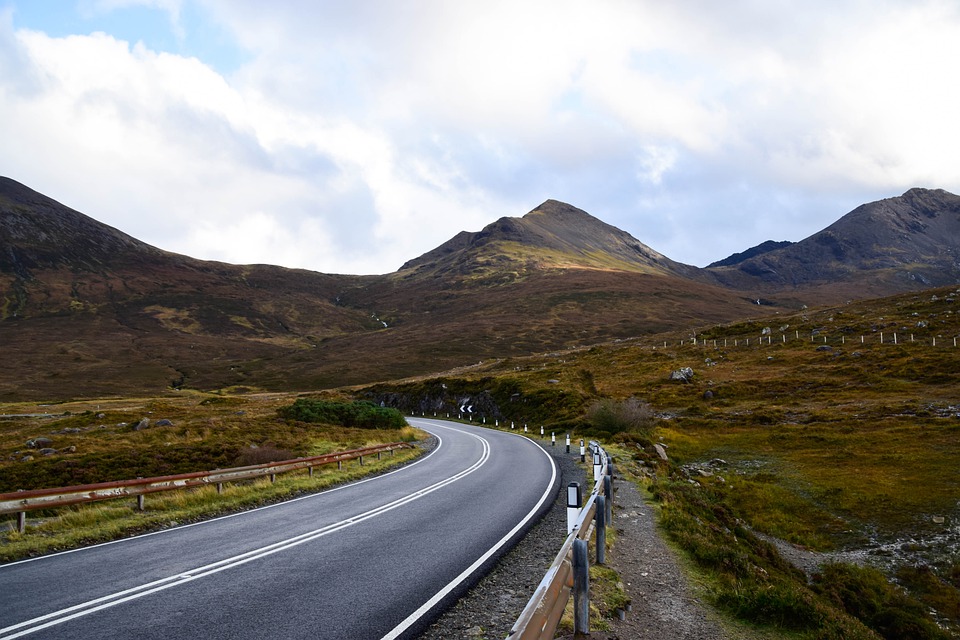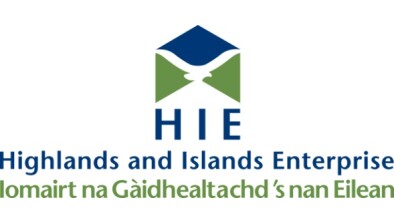Highland Council approves near £1bn 15-year capital plan
A 15-year capital plan with a total value of nearly £1 billion will see investment in schools, roads and flood schemes across the Highlands after it received approval from councillors today.

The programme is intended to support the delivery of the Highland Council’s current programme, to the value of £658.132m which aligns with the council’s long term strategic aims and reflects long term budget planning. With a total value of £938.894m, the full 15-year plan will be a rolling programme, updated periodically to ensure it remains reflective of the council’s wider aspirations as they develop and change.
The plan will see investment of £198.744m over the next five years, in addition to the current approved programme of projects worth £281.762m.
Highlights of the combined programme include:
- New, improved or refurbished education provision in a number of schools including Charleston, Culloden, Ness Castle, Beauly, Dunvegan, Park, St Clements, Tain, Broadford, Nairn, East Inverness, Black Isle, Seaforth, Easter Ross, and Inverness Gaelic Medium
- Over £190m of investment in Highland’s roads and bridges infrastructure
- £50m of investment in ICT supporting service delivery and digital transformation
- Over £16m of council investment in flood schemes which will result in substantial further government funding to complete schemes in Golspie, the river Peffery, the River Thurso
- Over £10m of investment in culture, community and leisure assets with the potential to bring in additional match funding from partners
- Funding set aside to lever in substantial additional external funding for the redevelopment of Eden Court, active travel schemes, energy efficiency investment, and match funding for levelling up fund and city-region deal investment
- Ongoing investment in bus shelters, car parks, CCTV, radio masts, weather stations, harbours, burial grounds, war memorials, mechanical street sweepers, public conveniences, and waste infrastructure
- Investment in accommodation to support remote school teaching staff and the replacement of the Plockton school residence
- Over £128m of ‘capital maintenance’ investment across property assets to ensure safety and regulatory compliance.
A key plank of the capital strategy seeks to deliver improvements in the council’s estate by reducing the number of property assets, and therefore associated maintenance costs, reduce carbon emissions, and release revenue savings.
The Highland Council has an incredibly broad asset base that reflects the vast geography of the area and the nature of statutory responsibilities and services the council is required to provide. This includes 6,754km of roads, 2,180 bridges and culverts, 204 schools, 240 Large Good Vehicles and 286 items of plant, 1200 properties assets, 100 car parks and 48,800 lighting columns.
Whilst much of the council’s capital investment is in ensuring those existing assets are fit for purpose, other factors driving the need for capital investment relate to changing demand for services, the green agenda, connectivity, the need to meet statutory and regulatory requirements, new government policies and priorities and technological change.
Council officers have undertaken an assessment of potential areas requiring capital investment over the period to 2030/31. The work identified a potential investment envelope of over £1.7bn, averaging over £190m annually, which is far in excess of what is considered affordable. To this end, councillors also agreed an allocation of £0.450m from the Transformation Fund to commission external finance and asset advisors, as well as enhance core staffing with the aim of maximising funds management, identifying income generating opportunities, driving through asset rationalisation and chasing funds and grants to support the council’s strategic capital plan ambitions.
Depute leader Alasdair Christie said: “The capital plan approved today will help the Highlands recover from the ravages of the past nearly two years and start rebuilding the infrastructure desperately needed to enhance our area. It will improve the health and wellbeing of our region as well as create many welcome job opportunities.
“The capital strategy takes account of a number of risks including future interest rates, the need to support and enable an inclusive net zero emissions economy and sustainable levels of borrowing. We have to prioritise across a range of pressures, as well be ready to seize new opportunities.
“The hydrogen economy is estimated to be worth £25bn to the Scottish economy, and it is expected that the Highlands is likely to be the major producer of hydrogen nationally given the significant renewable energy potential of the region. It will be important that the council has access to financial resources to maximise potential investment opportunities. The capital programme will be fundamental to achieving our net zero targets. Rationalisation of our huge estate, getting rid of crumbling buildings, reducing the energy bills and repurposing some of the buildings we keep is essential as well as being prepared to invest in new green energy initiatives.”
Leader of the council Margaret Davidson added: “There are huge investment needs across our vast school estate, thousands of miles of roads and bridges, as well as meeting statutory health and safety requirements. We need to balance the competing demands within the envelope of limited resources available to us. We have already made the biggest investment in recent years in our Highland roads and we remain committed to addressing roads condition issues in a sustainable way, and ensuring sufficient resources are available to address the greatest needs. As part of finalising the Budget for 22/23, we have agreed a full financial review with the aim of increasing revenue roads spending levels as part of the Budget process.”
Leader of the council’s opposition group, Cllr Raymond Bremner said: “We have had some considerable discussion with the Administration leadership and through constructive discussion we have agreed a Capital Plan for Highland Council. The process in prioritising the Capital Plan was never going to be easy and presented significant challenges and we should bear in mind that no council group would have been able to deliver the full request of nearly £1.7bn of capital requests.
“The programme reflects key investment challenges that the current administration and any future administration would have to have met. Rationalisation of the council’s estate is a key focus, as is the focus on how we provide for our schools, roads and other key aspects of our infrastructure. We will be continuing our discussions in respect of shaping the council’s approach to the forthcoming budget.”

















